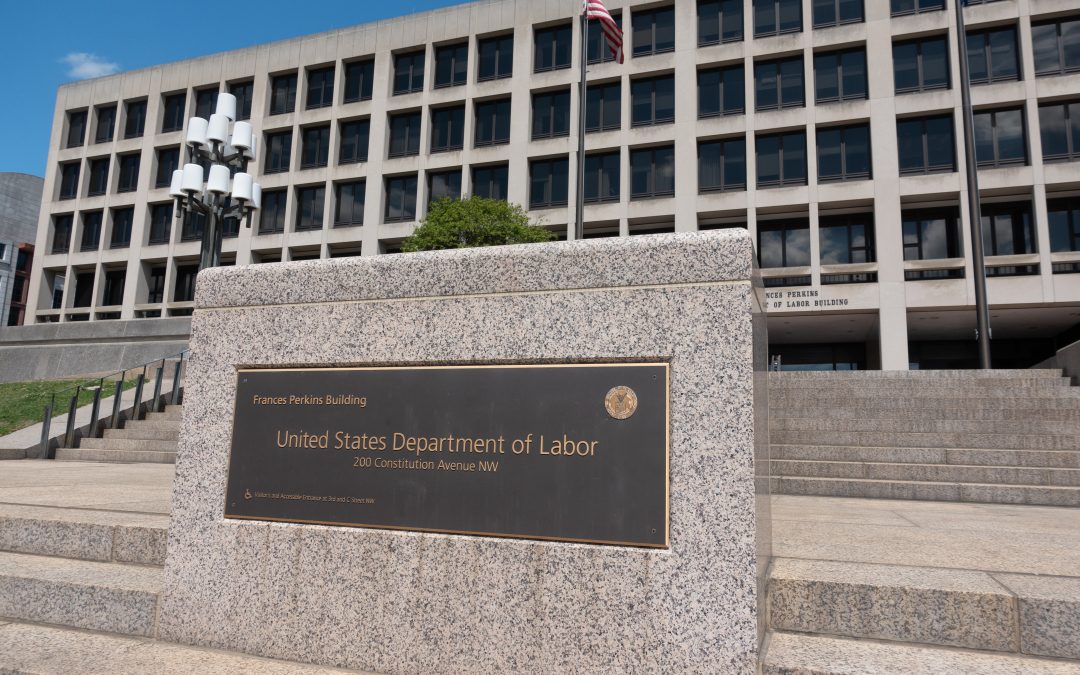Executive breakdown
The Fair Labor Standards Act (FLSA) includes specific exemptions for executive employees, delineating criteria that differentiate them from non-exempt workers. These exemptions ensure that executive employees are not entitled to overtime pay under the FLSA.
To qualify for the executive exemption, an employee must meet several requirements. First, they must earn a salary of at least $684 per week. This ensures that their compensation aligns with the responsibilities expected of an executive role. Secondly, their primary duty must involve managing the enterprise or a recognized department or subdivision. This managerial role involves overseeing operations, making strategic decisions, and often requires significant autonomy.
Executive employees must regularly direct the work of at least two or more other full-time employees or their equivalent. This supervisory role is essential, as it underscores the executive’s responsibility for managing others. Lastly, they must have the authority to hire or fire other employees, or their suggestions and recommendations on such decisions must carry significant weight.
These criteria collectively ensure that only those with substantial managerial duties and decision-making power are classified as exempt executives. By defining these standards, the FLSA aims to protect workers while acknowledging the unique responsibilities and compensation of executive roles. This balance helps maintain fair labor practices across various levels of employment.
Administrative Breakdown
The Fair Labor Standards Act (FLSA) provides exemptions for certain administrative employees, distinguishing them from non-exempt workers who are entitled to overtime pay. The administrative exemption applies to employees whose primary duties involve office or non-manual work directly related to management or general business operations.
To qualify for the administrative exemption, an employee must meet specific criteria. Firstly, they must be compensated on a salary or fee basis at a rate not less than $684 per week. This salary threshold ensures that the employee’s compensation reflects their administrative responsibilities.
Secondly, the employee’s primary duty must involve performing office or non-manual work related to the management or general business operations of the employer or the employer’s customers. This often includes roles such as human resources, finance, marketing, and other functions essential to the business’s smooth operation.
Finally, the employee must exercise discretion and independent judgment with respect to significant matters. This means they must have the authority to make important decisions affecting the business, allowing for a level of responsibility beyond routine clerical tasks.
These criteria ensure that the administrative exemption applies to employees with substantial decision-making authority and responsibilities critical to business operations.
Professional Breakdown
The Fair Labor Standards Act (FLSA) includes specific exemptions for professional employees, distinguishing them from non-exempt workers who qualify for overtime pay. The professional exemption applies to employees whose primary duties require advanced knowledge and expertise in a specialized field.
To qualify for the professional exemption, an employee must meet several criteria. Firstly, they must earn a salary or fee of at least $684 per week, ensuring their compensation reflects the specialized nature of their work. Secondly, their primary duty must involve performing work that requires advanced knowledge. This knowledge is usually obtained through prolonged and specialized intellectual instruction, such as a degree in law, medicine, engineering, or similar fields.
Additionally, the work performed by a professional must involve consistent exercise of discretion and judgment. This requirement emphasizes the need for decision-making capabilities that go beyond routine mental or physical tasks. Examples of such professionals include doctors, lawyers, engineers, and teachers.
These criteria ensure that the professional exemption applies to employees engaged in work demanding a high level of expertise and independent judgment. By defining these standards, the FLSA acknowledges the unique skills and responsibilities of professional roles while maintaining fair labor practices. This balance helps protect both the integrity of professional work and the rights of employees
If your company is facing an FLSA Collective Action, call Class Action Solutions today for a free consultation: (888) 713-4337

